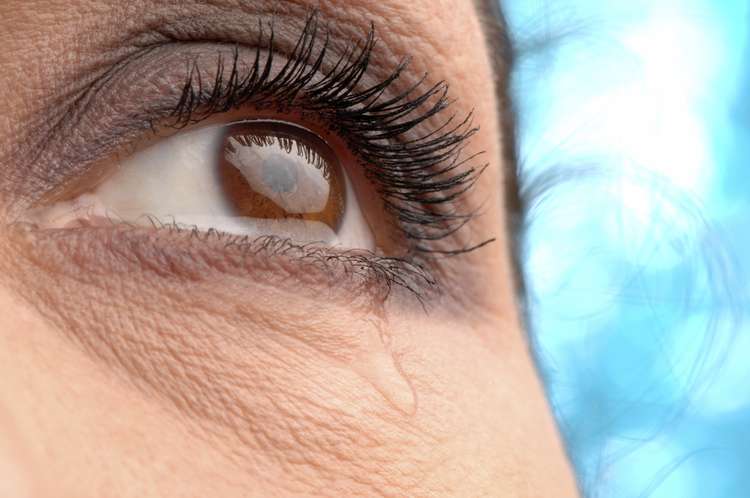
Meibomian Gland Dysfunction (MGD) is one of the most common diseases of the meibomian glands found on the eyelid. Unfortunately, its prevalence is only increasing.
According to this article from the US National Library of Medicine, MGD is defined as “inflammation, hypersecretion, and abnormal excreta of the meibomian glands,” which are small, oil-secreting glands found on the eyelid. The oil from the meibomian glands help to retain normal levels of tear film stability on the eyelid. As these glands become obstructed, symptoms of MGD begin to compound and typically lead to the development of chronic dry eye disease. Because the meibomian glands secrete the lipids necessary to normal tear film stability, MGD is being found more and more as the leading cause of dry eye.
Although chronic dry eye disease often results from MGD, it is not a symptom. More research is being conducted to categorize the exact causes and symptoms of MGD, but the following are common symptoms of the disease:
- Dryness
- Burning
- Itching
- Stickiness
- Watering
- Light Sensitivity
- Red Eyes
- Foreign Body Sensation
- Chalazion/Styes
- Intermittent Blurry Vision
As time goes on and symptoms are ignored or untreated chronically clogged glands eventually become unable to secrete oil which results in permanent changes in the tear film and dry eyes. To test for MGD in patients, clinicians stimulate the meibomian glands of the eyelid. If the glands secrete copious, clear fluid upon the application of light pressure from the clinician, the patient likely has normally functioning glands. If the secreted oil is thick, sluggish, and opaque, it’s a good indication the patient is suffering from MGD.
To alleviate the pain associated with this disease, Bruder Healthcare offers a number of products for those suffering from MGD and chronic dry eye disease. To learn more about these products, continue to read our blog posts and/or visit the Shop.




